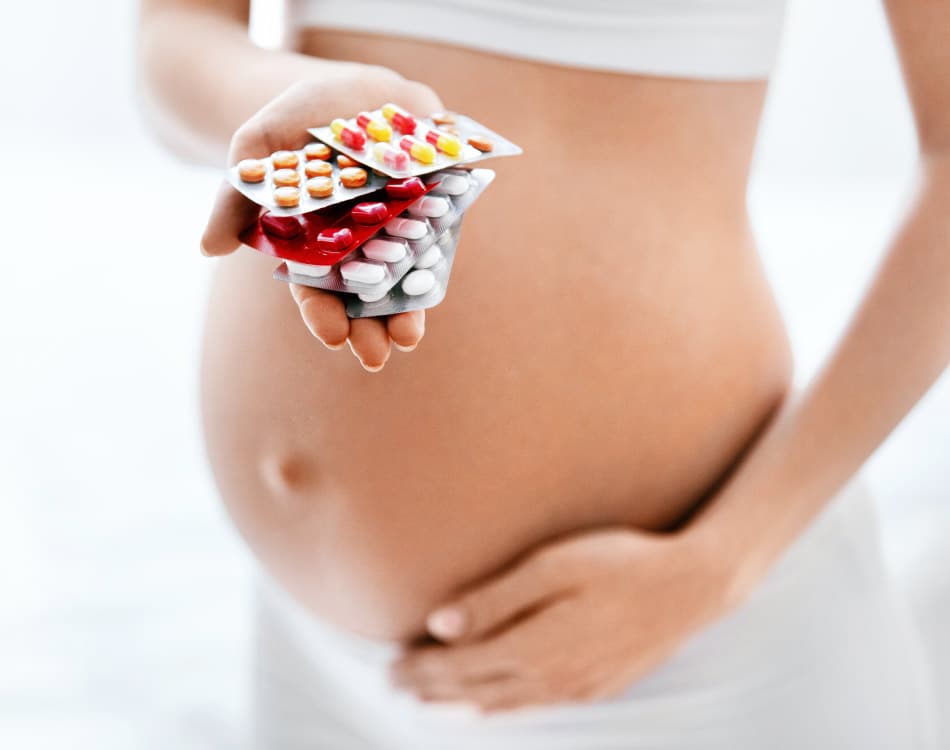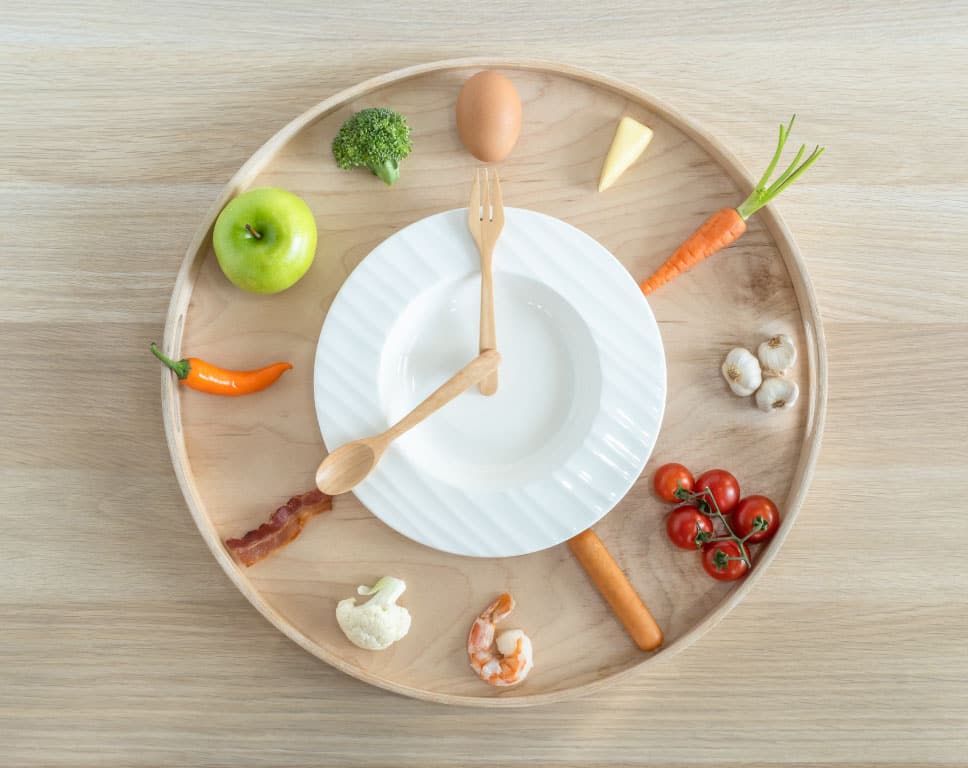Conception and pregnancy are wondrous times in a woman’s life, and the best way to support and nurture new life is with optimal nutrition and a focus on mom’s health.
Creating a healthy body through a wholesome diet and regular exercise provides the ideal environment for conception and meets the heightened developmental and energy needs of both mom and baby during pregnancy.
While following a balanced and nutritious diet is most important to meet baby’s developmental needs, quality supplements can help to support the process and ensure there are no nutritional shortfalls.
The best approach is to consult your doctor or OBGYN to devise a personalised nutritional plan that includes appropriate supplements where required.
READ MORE | What To Expect (During Training) When You’re Expecting
Supporting growth and development
In general though, there are a few supplements that are safe and even recommended to support a healthy pregnancy under normal circumstances.
While all nutrients are important, there are six vitamins and minerals that are vital for your baby’s growth and development and your own health during pregnancy. These include:
- Folic acid
- Calcium
- Vitamin D
- EFAs (especially DHA)
- Iron
- Iodine
READ MORE | Spray Vitamin Deficiencies Away With Sublingual Supplements
Folic acid
Developing babies require folate (vitamin B9) to reduce the risk of congenital abnormalities and birth defects related to the brain and spine (known as neural tube defects), and taking a folic acid supplement can help to increase folate in the body.
Studies show that a folic acid supplement may help to prevent heart and birth defects in your baby’s mouth, such as cleft lips and palates.
And folate deficiency has been associated with abnormalities in mothers, causing conditions such as anaemia and peripheral neuropathy.
Another study show that women who take folic acid supplements before falling pregnant conceive at a higher rate.
READ MORE | A Guide To Breastfeeding For Active Moms
Calcium
Daily calcium requirements during pregnancy increase substantially as this mineral plays an important role in foetal development, including baby’s bones, teeth, heart, muscle and nerve development, and also serves to maintain normal muscle function in mom.
As such, low calcium levels can cause muscle cramping and has been linked to high blood pressure, which can cause pre-eclampsia.
A calcium supplement may prove highly beneficial among women who don’t consume dairy or follow a low-fat diet. Loss of appetite, which is common in the third trimester, can also lead to a deficiency.
An ideal and effective prenatal calcium supplement typically contains calcium citrate and an equal amount of magnesium to create the optimal balance of these two synergistic minerals.
READ MORE | Supplement Smartly For The Best Benefits
Vitamin D
Vitamin D is essential for optimal calcium absorption and also supports nerve, muscle and immune system function in mom.
This “sunshine vitamin” is also important to help bone and teeth development in your growing baby.
Pregnant women may require up to 600 IU of vitamin D daily. Ideal sources include fatty fish, like salmon and fortified products, as well as vitamin D supplements and prenatal multivitamins.
READ MORE | Brighten Up Your Health With Vitamin D
Essential Fatty Acids (EFA)
Essential Fatty Acids (EFA) are another important nutrient for fetal development, especially for nervous system and retinal development in baby.
Maintaining an optimal EFA intake after pregnancy will also ensure baby gets sufficient amounts from breast milk to support continued brain and nervous system development.
Docosahexaenoic acid (DHA) is a particularly important form of EFA during pregnancy for developing healthy nervous systems and eyes.
You can find EFAs in fish, nuts, seeds and leafy greens but the need to eliminate fish from a pregnancy diet due to the potential for ingesting mercury and other micro-organisms makes EFA supplements a sensible addition to your nutritional plan during this time.
There are various fish and flax-based supplements specially formulated for pregnant and lactating women that contain DHA.
READ MORE | Forget Your Fat Phobia: Not All Fats Are Bad For You
Iron
Low iron levels during pregnancy can increase the risk for low birth weights and/or pre-term delivery, as well as low milk supply, clogged milk ducts and yeast infections.
As such, any expectant mom who suffers from medically-diagnosed anaemia – which can result from a poor diet, plant-based diets or poor absorption – may benefit from an iron supplement.
It is important to determine the ideal level of necessary supplemental support in conjunction with your doctor.
As vitamin C enhances iron absorption, it is often beneficial to take iron and vitamin C together.
READ MORE | Why The ‘Iron’ Game Is So Important For Endurance Athletes
Iodine
Your body needs iodine to create thyroid hormones, which are vital for energy production and normal brain and neural development in the fetus.
During pregnancy, women need up to 220 mcg of iodine daily. Ideal dietary sources include fish, dairy, enriched or fortified food products like cereals and breads, and iodised salt. Speak to your doctor about an iodine supplement, if necessary.
A severe iodine deficiency can also lead to a thyroid condition known hypothyroidism, where the thyroid produces too little thyroid hormone, which can affect both mom and baby in various ways.
As such, it is vital to identify and treat this condition early on in a pregnancy in conjunction with your doctor to ensure a healthy outcome.
Additional support: Probiotics
Many women can experience yeast infections due to an imbalance in bacteria, which they can pass on to baby via the birthing canal and can lead to thrush (yeast infection of the mouth), diaper rash and colic. Taking probiotics may help to reduce the risk of yeast infections.
Prenatal supplements
A comprehensive prenatal supplement will support your wholesome diet and help you meet most of your nutritional requirements during pregnancy in one convenient daily dose.
These multivitamin and mineral complexes typically contain all the nutrients mentioned in this article (however, iodine and probiotics are typical exceptions), so read the labels on the extensive range available at Dis-Chem to find the ideal product to support a healthy and happy pregnancy (after consulting with your OBGYN, of course!)















